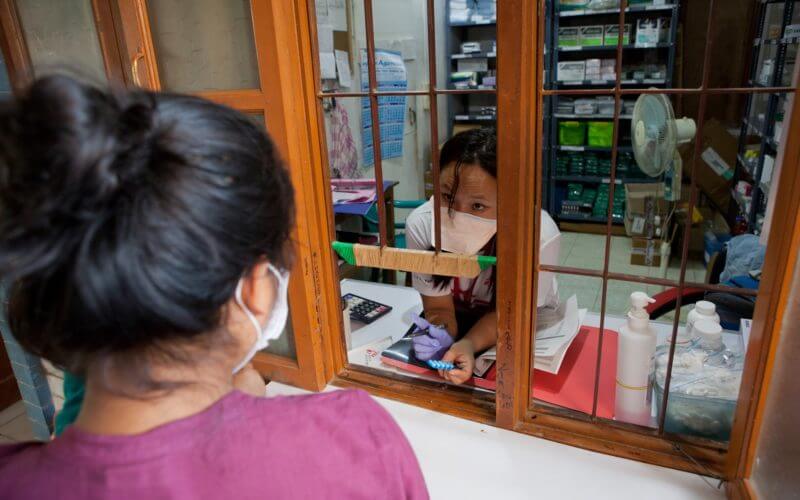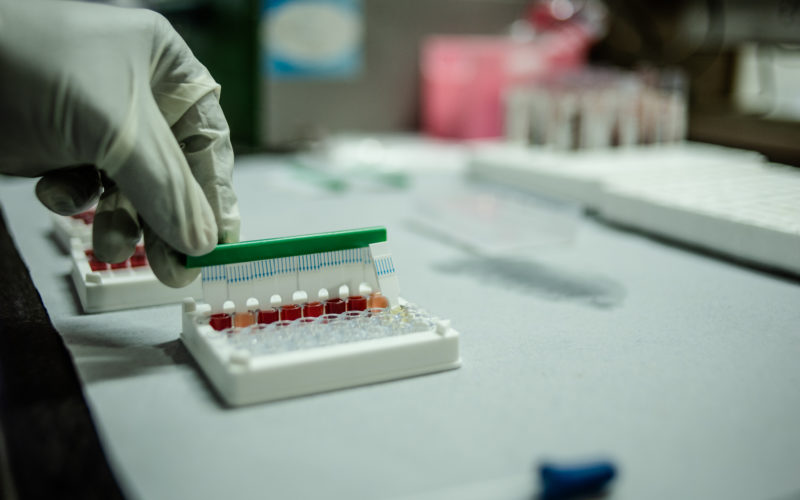SECURE: Expanding Sustainable Access to Antibiotics

The burden of infectious diseases and drug resistance is highest in low- and middle-income countries. Addressing the pandemic of drug resistance will require global action to ensure lifesaving and lifechanging antibiotics are responsibly and sustainably available for every person who needs them, wherever they live. The SECURE initiative has been developed to address this challenge by expanding access to essential antibiotics for countries and populations in need, while ensuring their appropriate use.
Access to antibiotics
Low- and middle-income countries are worst affected by limited access to antibiotics, leading to higher mortality rates and increased healthcare costs. For example, infections associated with ventilators and catheters in low-resource countries are up to 13 times higher than in the United States, while hospital infections among newborns in low-income countries are up to 20 times higher than in high-income countries. The antibiotics needed to treat these infections are often difficult or impossible to access.
With antibiotic resistance on the rise, the lack of access to life-saving antibiotics is a major and growing public health problem in many parts of the world and is the cause of 5.7 millions deaths annually, the majority occurring in low- and middle-income countries. This lack of equitable access to essential lifesaving antibiotics jeopardizes our ability to treat and control infectious diseases and stifles gains achieved by the Sustainable Development Goals. Inadequate infection prevention and control also contributes to the rise in drug resistance.
SECURE
SECURE’s mission is to expand access to essential antibiotics to support countries in addressing the silent pandemic of drug-resistant bacterial infections. Through this initiative, participating countries will have access to essential new antibiotics designed to address drug-resistant infections, alongside essential older antibiotics not widely available or subject to frequent supply chain disruptions. Through increasing access to essential antibiotics, SECURE will help to tackle bacterial diseases and address the rising problem of drug resistance that kills 1.2 million people every year.
SECURE is being developed by GARDP and World Health Organization (WHO), with support from UNICEF and the Clinton Health Access Initiative (CHAI) with the aim of building a global consortium of organizations and interested countries that will structure and implement the programmes.
SECURE will work with countries and WHO to establish a relevant product portfolio of antibiotics driven by public health needs. This quality assured portfolio will be accessible to all participating countries at an affordable price. The model is designed to ensure sustainable and equitable access to antibiotics for patients around the globe, with a specific focus on vulnerable populations.

Barriers to accessing antibiotics are complex, particularly in low- and middle-income countries. The objective of SECURE is to develop, at a national and global level, activities to address those barriers, increase access to and optimize the use of antibiotics to tackle drug-resistant bacterial infections.
For example, ensuring the most effective and appropriate use of antibiotics will require data to support country adoption. SECURE will work to generate missing evidence through post approval trials and cost-effectiveness studies and clinician education. The initiative will also engage with community groups to develop strategies for improving public awareness to support national decision-making. This includes the integration of new and repurposed treatments into policy and guidelines as well as national essential medicines lists.
Expanding Sustainable Access to Antibiotics
SECURE pilot programme
A 3 to 4 year pilot project will be launched in 2022 in participating countries. This pilot phase is important for demonstrating the public health value of this global programme, to test and learn from the SECURE model and implement key activities to ensure pandemic preparedness.
The objectives of the pilot are to learn and finetune the SECURE model to ensure greater success with a global roll out. This will be achieved through the involvement of countries with different drug resistance contexts and challenges, in order to ensure the sustainability, flexibility and scalability of the full SECURE programme.
For more information on becoming a SECURE partner or pilot country email GARDP: secure@gardp.org




